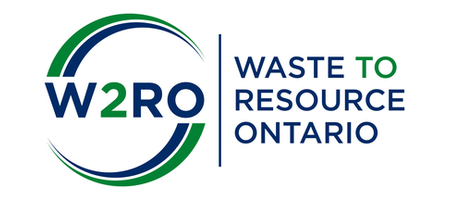
The Ontario government is planning to make a series of sweeping labour reforms after the release of the final Changing Workplaces Review, which is expected to made public next week.
News reports in the Toronto Star and CBC News last weekend pointed to several major changes that Labour Minister Kevin Flynn is prepared to make to address the issue of so-called “precarious employment.”
These reforms will likely include boosting the minimum wage to $15 an hour, increasing vacation pay to a minimum of three weeks, requiring employers to provide more sick days, allowing workers to refuse shifts scheduled on short notice, extending full-time benefits to contract and part-time workers, and making it easier for workers to unionize in certain industries.
The Ontario Chamber of Commerce has already responded to the leaked details about the Changing Workplaces Review by writing an open letter to the Premier and making comments to the media to voice the business community’s concerns about the impact that significant changes to labour law could have on investment in Ontario and the broader economy.
The government’s planned actions follow last year’s release and consultation on the Changing Workplaces Review, Special Advisors’ Interim Report, which presented numerous options for reforming Ontario’s Labour Relations Act and the Employment Standards Act. The report was authored by Michael Mitchell, an arbitrator and lawyer, and former Superior Court Justice John Murray, who were both appointed by the Ontario government in February 2015.
Card-based certification versus secret-ballot vote
The CBC reported that the government will remove barriers to unionization in “low-paid, precarious employment.” Moving in this direction could include, as the Toronto Star suggests, introducing card-based certification for certain sectors of the economy. The NDP has also tabled a private member’s bill to expand card-based certification in the province, which has been endorsed by Unifor.
Card-based certification, as opposed to a secret-ballot vote, allows union organizers to sign up employees using union “cards,” or authorization forms, and file an application with the Ontario Labour Relations Board to certify a company or an organization without a vote.
The OWMA expressed its concerns about card-based certification last October in our submission to the government on the Changing Workplaces Review, Special Advisors’ Interim Report.
Ontario PCs’ position on secret-ballot vote shifts
Several other industry groups, including Canadian Manufacturers & Exporters and the Ontario Chamber of Commerce, reiterated their support for the secret-ballot vote last year, but only one political party has traditionally supported the practice. However, that may be changing.
The Official Opposition has consistently shown reluctance to engage the government on labour issues, which was clearly demonstrated in a major, but quiet, policy reversal on May 10.
In Question Period on May 9, Labour Minister Kevin Flynn accused Ontario PC Leader Patrick Brown of being weak on labour issues and attacked MPP Jim McDonnell’s private member’s bill to restore the secret-ballot vote for the construction industry and eliminate card-based certification.
A day later, during Orders of the Day on May 10, McDonnell sought and received unanimous consent to remove his bill from the order paper despite the long-standing history of the Ontario PCs supporting and defending the secret-ballot vote.
With this context in mind, OWMA members should be aware that there will likely be little to no opposition to the Changing Workplaces Review, or to any subsequent labour bills, at Queen’s Park.
